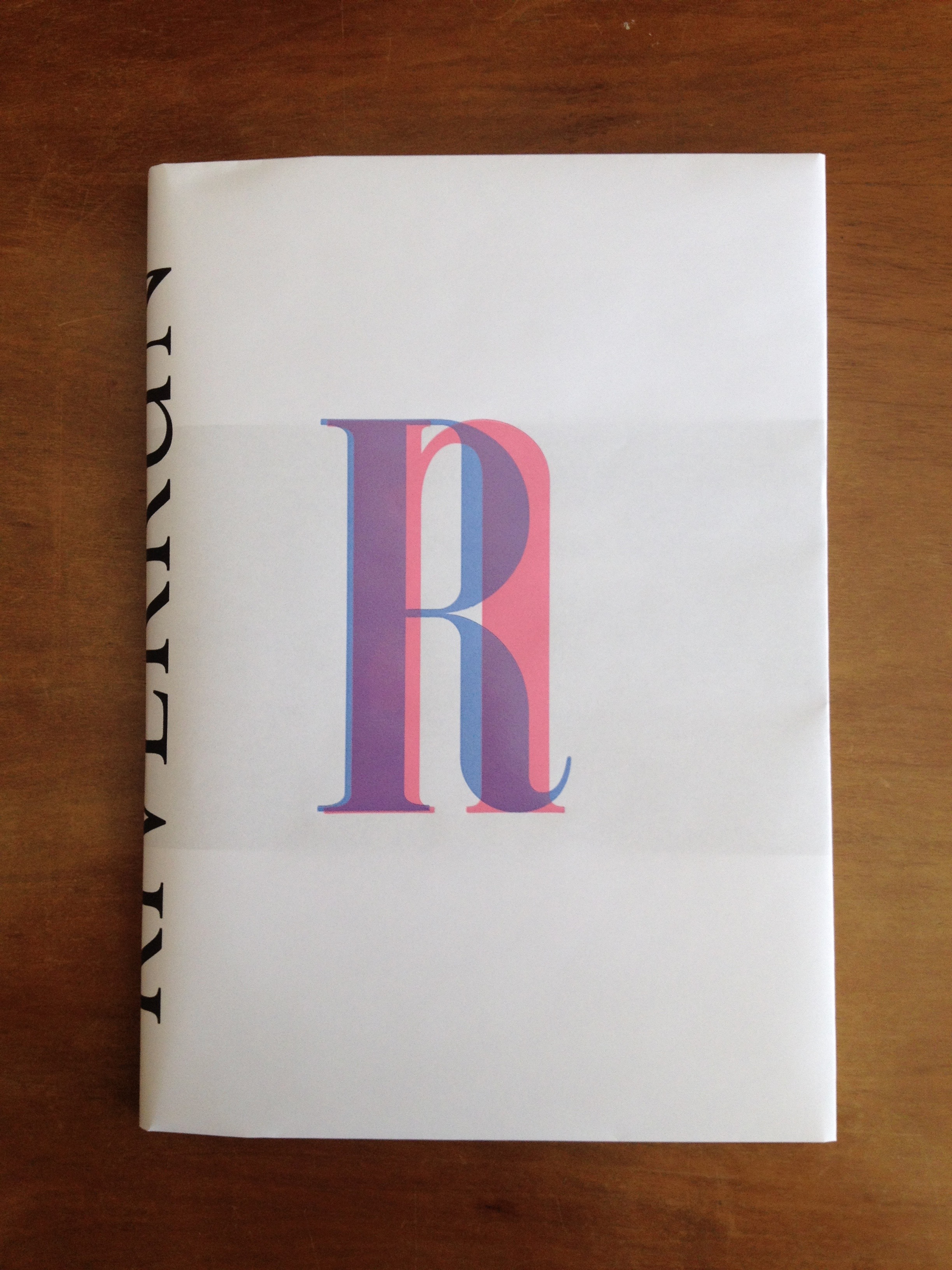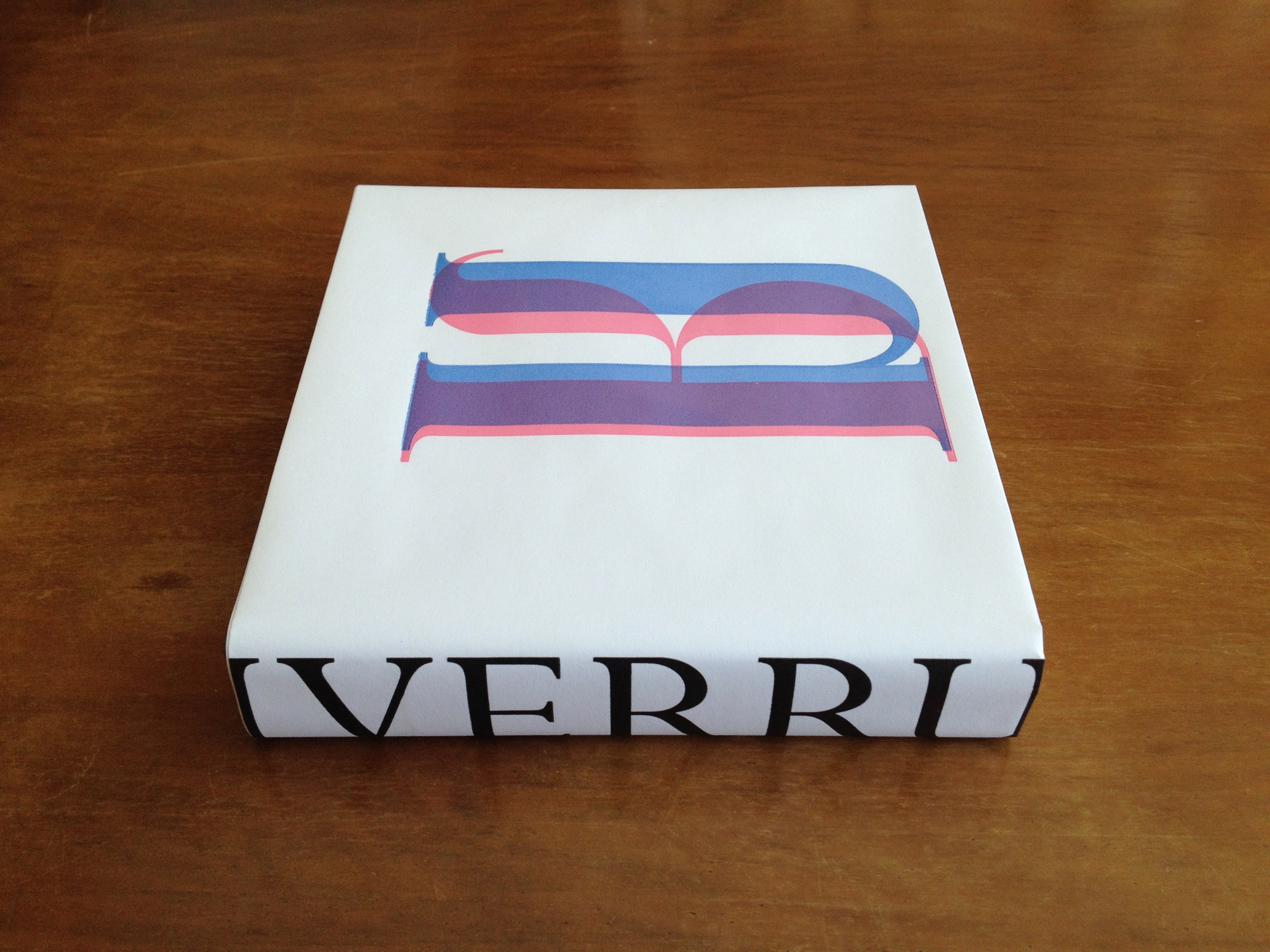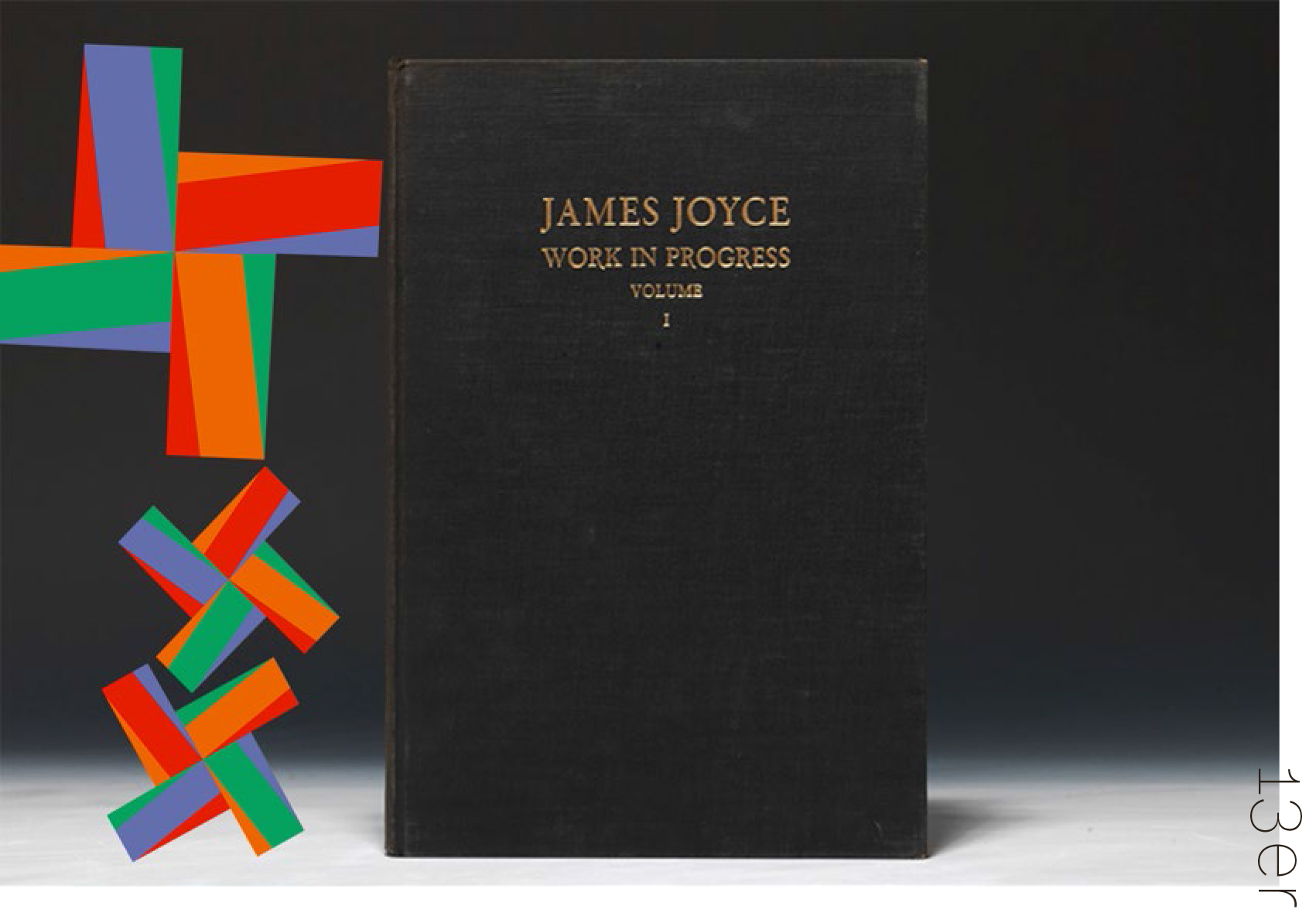Riverrun

Riverrun
2016
installation dimensions variables
livres, impression typographique sur papier,
Bois, peinture acrylique.
Alpnach Dorf, (Suisse)






riverrun1, past Eve and Adam’s, from swerve
of shore to bend of bay, brings us by a commodius vicus of recirculation back
to Howth Castle end Environs.
FW 3.1-3.
« Les mots vicus recirculation constituent précisément une introduction à cette dimension cyclique de l’histoire, et permettent de reconsidérer la fluidité confuse de l’univers à travers une métaphysique des éternels retours, donnant une légalité à la superposition continuelle des opposés et à l’écoulement d’un objet dans un autre. »
Cf. Umberto Eco, L'œuvre ouverte, Seuil, 1965. p. 266.
« Cette équivoque généralisée ne traduit pas une langue dans une autre à partir de noyaux de sens commun. Elle parle plusieurs langues à la fois, elle le parasite (…) » Cf. Jacques Derrida, Ulysse gramophone, Deux mots pour Joyce, Paris, Galilée, 1987, p.29.
1 « The view of history in Finnegans Wake is very strongly influenced by Giambattista Vico. Vico propounded a cyclical view of history(…)The most obvious example of the influence of Vico's cyclical theory of history is to be found in the opening and closing words of the book. Finnegans Wake opens with the words “riverrun, past Eve and Adam's, from swerve of shore to bend of bay, brings us by a commodius vicus of recirculation back to Howth Castle and Environs.” (“vicus” is a pun on Vico) and ends “A way a lone a last a loved a long the”. In other words, the book ends with the beginning of a sentence and begins with the end of the same sentence, turning the book into one great cycle. Indeed, Joyce said that the ideal reader of the Wake would suffer from “ideal insomnia” and, on completing the book, would turn to page one and start again, and so on in an endless cycle of reading. » Samuel Beckett, in: Our Exagmination Round his Factifications for Incamination of Work in Progress, op. coll. Paris, Shakespeare & Company, 1929.
«La prima parola del testo, l’infinitamente commentata riverrun (che Schenoni traduceva «fluidofiume»), potrebbe alludere anche al triestino «riverà», «arriveranno». E allora non si riesce a non pensare, a non sognare, che Joyce con questa prima-ultima, fra i milioni di parole che ha usato e in parte inventato, pensasse, sognasse nient’altro che noi. » Giorgio Melchiori, in James Joyce, Finnegans Wake H.C.E. Ed. Arnoldo Mondadori, 1982.
FW 3.1-3.
« Les mots vicus recirculation constituent précisément une introduction à cette dimension cyclique de l’histoire, et permettent de reconsidérer la fluidité confuse de l’univers à travers une métaphysique des éternels retours, donnant une légalité à la superposition continuelle des opposés et à l’écoulement d’un objet dans un autre. »
Cf. Umberto Eco, L'œuvre ouverte, Seuil, 1965. p. 266.
« Cette équivoque généralisée ne traduit pas une langue dans une autre à partir de noyaux de sens commun. Elle parle plusieurs langues à la fois, elle le parasite (…) » Cf. Jacques Derrida, Ulysse gramophone, Deux mots pour Joyce, Paris, Galilée, 1987, p.29.
1 « The view of history in Finnegans Wake is very strongly influenced by Giambattista Vico. Vico propounded a cyclical view of history(…)The most obvious example of the influence of Vico's cyclical theory of history is to be found in the opening and closing words of the book. Finnegans Wake opens with the words “riverrun, past Eve and Adam's, from swerve of shore to bend of bay, brings us by a commodius vicus of recirculation back to Howth Castle and Environs.” (“vicus” is a pun on Vico) and ends “A way a lone a last a loved a long the”. In other words, the book ends with the beginning of a sentence and begins with the end of the same sentence, turning the book into one great cycle. Indeed, Joyce said that the ideal reader of the Wake would suffer from “ideal insomnia” and, on completing the book, would turn to page one and start again, and so on in an endless cycle of reading. » Samuel Beckett, in: Our Exagmination Round his Factifications for Incamination of Work in Progress, op. coll. Paris, Shakespeare & Company, 1929.
«La prima parola del testo, l’infinitamente commentata riverrun (che Schenoni traduceva «fluidofiume»), potrebbe alludere anche al triestino «riverà», «arriveranno». E allora non si riesce a non pensare, a non sognare, che Joyce con questa prima-ultima, fra i milioni di parole che ha usato e in parte inventato, pensasse, sognasse nient’altro che noi. » Giorgio Melchiori, in James Joyce, Finnegans Wake H.C.E. Ed. Arnoldo Mondadori, 1982.

Riverrun
Postcard/invitation flyer
13er Kunsttreff
Alpnach Dorf, (Suisse)
2016
 Jeff Wall
Jeff Wall The Destroyed Room
1978
 Rodney Graham
Rodney Graham"Standard Edition"
1988
 Max Bill
Max Bill Ladies Quartz Watch MB-4252
Junghans
1961 ca.